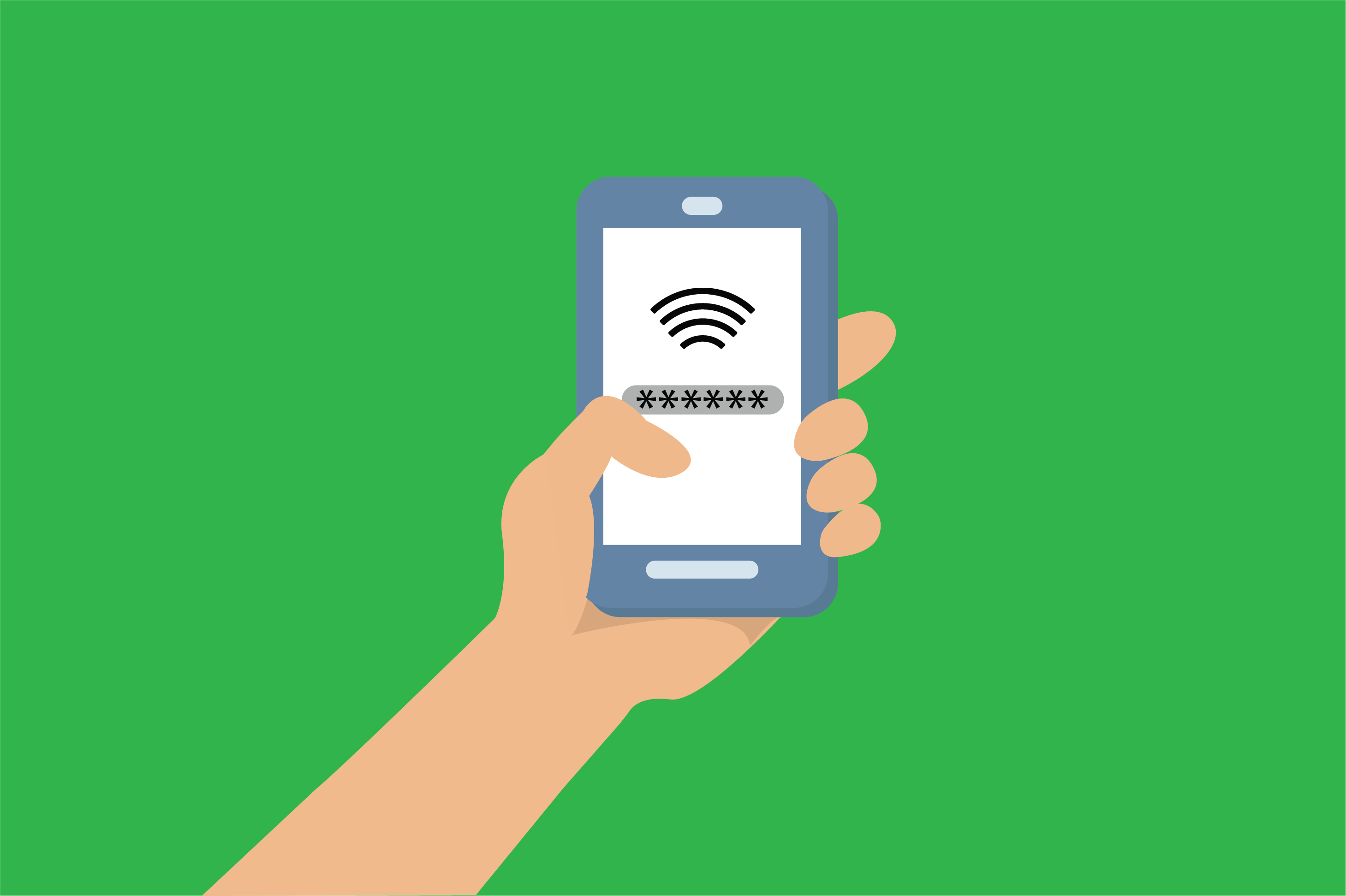Mobile Security and Privacy
Posted on Monday, February 11th, 2019
Mobile Security and Privacy

Mobile phones are increasingly being used for all kinds of fun and productivity, and this includes using them for all kinds of reasons in support of education. Many Algonquin College students are using the Brightspace, Adobe Creative Cloud, and Algonquin College mobile applications, among many others. However, despite this increased utility, it is important to note that the potential threats out in cyberspace have greatly increased requiring all users to take extra precaution. In 2017, Google took down over 700,000 bad Android apps, 99 percent of apps with abusive content were identified and rejected before anyone installed them.
Here are some tips to reduce smartphone security risks and potential loss of your personal and valuable information:
- Label your device with your name and telephone number, and record your device’s unique manufacturer’s serial number, Wi-Fi and Bluetooth addresses, as well as your International Mobile Station Equipment Identity (IMEI) number in case you lose your device. Canadian cellular service providers have maintained a national lost and stolen IMEI blacklist.You can check IMEI at https://www.devicecheck.ca/check-status-device-canada/
- Use a strong password or PIN (preferably 6 numbers) to access and lock the device. Don’t have a password on your device? Create one today. If your phone has the fingerprint ID feature enable this as well.
- Keep the mobile device software up to date. Only 19% of Android users are using the most updated OS version, and only 50% of Apple users have the most up to date IOS version.Keep your phone updated, this prevents criminals and hacktivists from exploiting software vulnerabilities.
- Carefully check the URL to which you are connecting. Incorrect URLs can lead to a malicious website that may compromise your device, make sure the web address begins with HTTPS, and not HTTP.
- Avoid using the web browser “Save Password” feature. Some rogue websites can steal your stored passwords using common web browser vulnerabilities, if you need to store your passwords, use a password manager such as Lastpass.
- Connect to secure Wi-Fi networks only. Open, unsecured networks may seem like a great way to connect to the internet, however they often come at a cost. Open networks don’t encrypt your information, thus anybody with often simple tools can view your data as it is transferred from your device to the wireless access point. You should never conduct internet banking on unencrypted networks.Strongly consider using virtual private network (VPN) software on your mobile, to keep your communications private.
- Do not “jailbreak” or “root” a device. Jailbreaking may bring you some benefit, such as allowing you to “sideload” additional apps from non-Apple Store or Android Store servicesbut doing so allows hackers to circumvent security control and use the device without your knowledge.
- Consider installing antivirus and antimalware software. Particularly with Android devices, it is important to install extra protection. There are numerous free products available such as Avast! Free Mobile Security and Avira Free Mobile Security that provide basic protection.
- Research the app that you wish to download. Over 40% of apps do something malicious, such as steal your personal data, and it was found that the Google Play Store apps that have malware were downloaded 500,000 times. Check the privacy statement carefully before installing.
- Posted in
- Stay Informed